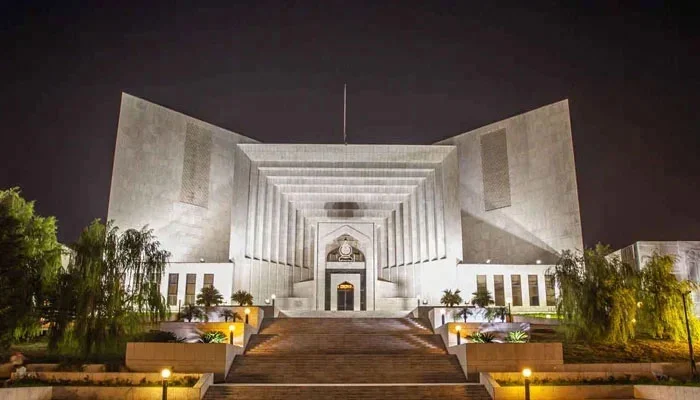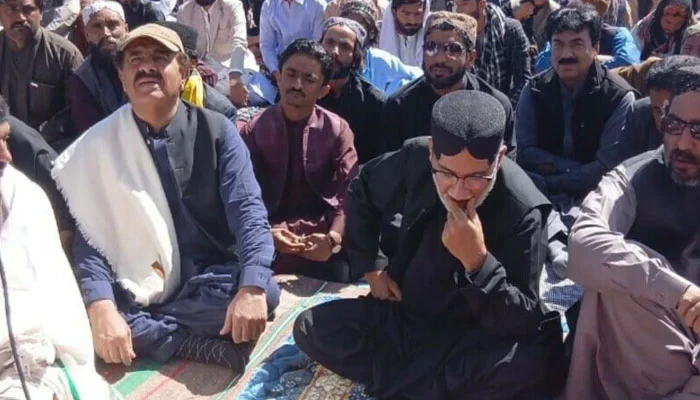ISLAMABAD: The federal government has requested the Supreme Court to dismiss all petitions challenging recent judicial transfers and appointments, including those involving the Islamabad High Court (IHC), maintaining that the process adhered to constitutional provisions and judicial independence was not compromised.
In a seven-page reply, the government asserted that the transfers made under Article 200(1) of the Constitution were transparent and permanent, and did not require fresh oaths or reappointments.
“The contentions of the petitioners are denied on all counts,” the response states, adding that the President’s role is procedural, while the real authority lies with the Chief Justice of Pakistan (CJP).
Petitions Filed by IHC Judges, Bar Associations
The petitions were filed under Article 184(3) by five IHC judges — Justice Mohsin Akhtar Kiyani, Justice Tariq Mehmood Jahangiri, Justice Babar Sattar, Justice Sardar Ejaz Ishaq Khan, and Justice Saman Riffat Imtiaz. They challenged:
-
The appointment of Justice Sarfraz Dogar as Acting Chief Justice of the IHC
-
The transfer of judges from Punjab, Sindh, and Balochistan High Courts to the IHC
-
The determination of seniority following the transfers
The judges argued that the transfers lacked manifest public interest, infringed on the separation of powers, and affected judicial independence.
SC Bench & Proceedings
A five-member SC bench, headed by Justice Muhammad Ali Mazhar, and including Justices Naeem Afghan, Shahid Bilal Hassan, Salahuddin Panhwar, and Shakeel Ahmed, is hearing the case.
During the last hearing:
-
The bench noted that judicial transfers must be seen under Article 200, not Article 175, and that judges are not civil servants.
-
Justice Afghan questioned why new judges were not appointed from within the same provinces instead of transferring existing ones.
-
The court emphasized that transfers are permanent, requiring the full process again for reversal.
-
Notices were issued to the Acting CJ of IHC Sarfraz Dogar, other transferred justices, the Judicial Commission, and the Attorney General.
The case has been adjourned till April 17.




